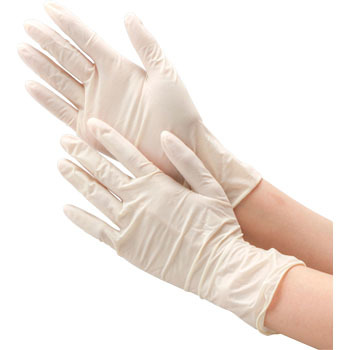
Medical personnel understand a principle of people-care often missed by pastors. We might call it the “principle of the rubber glove.” Doctors and nurses, paramedics and medical technicians all help sick people in a separated way. They are taught that without this wall of separation the caregiver runs the risk of becoming sick just like the one he seeks to help. Latex gloves, facemasks, and hazardous waste cans are some of the tools used to maintain medical “holiness.” Washing the hands, sterilizing equipment, and liberal use of disinfectant are some of the practices employed in the helping process.
Likewise, pastors must learn to extend mercy in a separated way. Helping people spiritually also has its risks. Jude 22 and 23 is an excellent text confirming this concept. We are to extend mercy to others—paying close attention to potential contamination. We are to help in a holy way.
Common evangelical emphasis today downplays pastoral authority in favor of pastoral brotherhood. It focuses ministry responsibility after the “Big Brother” program. God’s people are led to believe they are to view the pastor as their super spiritual buddy. This contradicts the plain teaching of the Scripture in 1 Thessalonians 5:12. The pastor is “over” the flock in the Lord with an ongoing responsibility of admonishment based upon the authority of the Scriptures. Yes, we are brothers, but we are also like doctors! Rubber gloves are required for doctors working with sick people.
Your “rubber gloves” are to be worn in the realms of the emotional and practical. Always make distinctions in mind, time, and priority between your personal family and the church family. Always have a deliberate purpose for all social interactions with members of the church family. Always look only to the Lord for your personal need and care.
